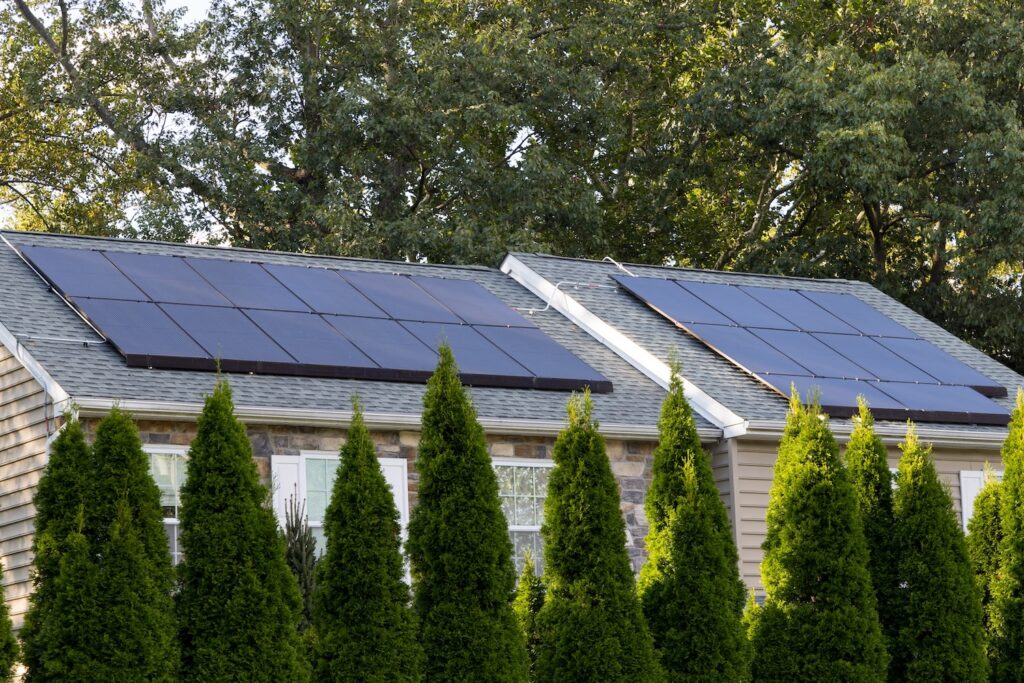
The idea of generating clean, renewable energy has captured the imagination of many homeowners looking to cut costs and contribute to a greener planet. By switching to renewable energy, homeowners can enjoy several benefits, including lower utility bills, greater energy reliability, and a reduced environmental impact.
Why Choose Renewable Energy?
One of the most compelling reasons to opt for residential renewable energy is the potential for significant cost savings. Solar power is a popular choice among homeowners as the technology becomes more affordable. While traditional energy sources like oil and gas can be unpredictable in price, solar energy offers stable costs over time. Homeowners who install solar panels can also take advantage of government incentives like the Inflation Reduction Act, which provides tax credits for clean energy installations. Additionally, many states offer their own incentives to encourage the switch to renewable energy.
Renewable energy can also increase the reliability of your power supply. Given the unpredictability of the aging power grid and the increasing frequency of extreme weather events, having a backup energy source like solar combined with battery storage can be invaluable. This can be particularly helpful in states like California and Texas, where power outages are more common.
Environmentally, renewable energy sources have a much lower impact than fossil fuels. Solar panels convert sunlight into electricity, reducing the need for coal or natural gas, both of which contribute to greenhouse gas emissions and climate change.
Choosing the Right Renewable Energy Solution
Homeowners have a variety of renewable energy options, each with its own benefits and considerations. Solar power is a well-known choice for many reasons—it’s cost-effective, requires minimal maintenance, and can be installed to meet a household’s specific energy needs. By adding a solar battery, homeowners can ensure they have power even during grid outages.
Wind energy is another alternative, but it can be less practical for residential use due to the space required and possible restrictions from homeowners’ associations. In many cases, wind energy is sourced from utilities rather than individual installations, which may not offer the same level of control as solar power.
Geothermal energy is another residential option, using the earth’s heat to generate electricity and warm homes. Geothermal heat pumps can be used to heat and cool homes efficiently by tapping into the constant temperatures underground. The Inflation Reduction Act also encourages the adoption of geothermal systems through various rebates.
With so many renewable energy choices, it’s easy for homeowners to find a solution that fits their needs. Whether it’s reducing your carbon footprint, gaining energy independence, or saving money, renewable energy can offer the right solution.
If you’re interested in learning more about solar power and other renewable energy options, Neeeco is here to help. Reach out to us for additional information and guidance on making the switch to clean energy.
